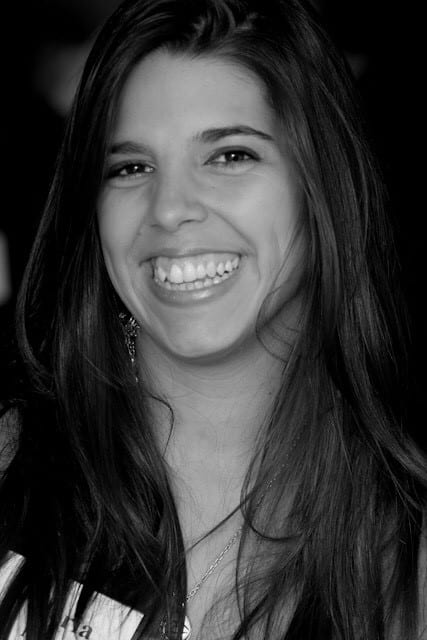 In her debut novel ‘I Belong’, alumna Valeria Puig Sobredo (Bar Professional Training Course, 2018) explores the concept of finding our place in the world whilst tackling issues of identity and immigration. Inspired by her own decision to live abroad, Valeria’s book draws on personal experience to tell this story of belonging and searching for home.
In her debut novel ‘I Belong’, alumna Valeria Puig Sobredo (Bar Professional Training Course, 2018) explores the concept of finding our place in the world whilst tackling issues of identity and immigration. Inspired by her own decision to live abroad, Valeria’s book draws on personal experience to tell this story of belonging and searching for home.
Can you tell me about your time at City?
I had a great experience studying at City, University of London. The tutors were very supportive and knowledgeable. I loved the quality of the course and City Law School offers very interesting pro-bono opportunities. I also made some great friends during my degree.
What happened after you graduated?
I finished my course on 3rd September 2018 after handing in my dissertation, and I dedicated the following four months to writing my book. In January 2019, I was awarded two scholarships from The Honourable Society of the Inner Temple to undertake two internships: one at the Cabinet of Advocate General Eleanor Sharpston at the European Court of Justice in Luxembourg, and a second placement at the IRMCT in The Hague.
How did the idea for I Belong come about?
The book is a story of migration that tells the journey of a young woman who leaves Uruguay in 2006 at the age of 18 to go study in Europe, and ten years later finds herself working in refugee camps in West and Central Africa. This was based on a big part of my life having left my country of birth and living abroad all these years. I wanted to analyse different social concepts that I ran into during my time overseas. These essentially were matters of identity, the notion of privilege which varies from country to country, and the way I was perceived being a South American woman working in either Europe, the USA or several countries in West and Central Africa.
The story also talks about finding a place in the world with which we identify ourselves, and where we feel we fit or as per the title, belong. I think this is a very relevant concept to our generation which consists of many “citizens of the world” and which was not the case for instance, with my parents’ generation in Uruguay. Consequently, this made me reflect a lot about my own upbringing in the Uruguayan society and what I might have given up in exchange for my experience abroad.
Given that I worked in refugee camps for two and a half years, I decided to also add a layer in the story where Magdalena, the main character, finds out that her mother’s childhood friend was taken to Sweden as a refugee during the Uruguayan dictatorship four decades before. After this, she seeks to reunite them, but given that she is still working in refugee settings in Africa, this now starts stirring personal issues. Essentially her two worlds, the professional and the personal one, start merging together making it more difficult to keep a certain distance working in areas in conflict.
What has been the most rewarding experience?
I think the most rewarding experience will be when I finally have a printed version of my book in my hands. The book will be released on 15th August. However, being able to have a finished product (although one might think that their book “is never really finished” and always needs tweaking) was a great success. My grandmother was always a huge inspiration to me and being able to write this book is also in a way, something I can dedicate to her and to my parents.
What has been the biggest challenge with regards to writing your book?
I undertook considerable sociological and academic research in order to write part of the book. It was very interesting, but also demanding. For instance, I analysed several notions such as privilege and undertook research on the topic of race, white privilege and the place that ethnic minorities occupy in Uruguay. I then compared this with other countries such as the USA and the UK, through the eyes of my character. I merged this analysis with the concept of immigration and nationality, which in Uruguay occupy a considerable historical role.
Do you have any advice for anyone looking to follow in your footsteps?
Three main things I recommend are; discipline, having others read your work, and rewrite, rewrite, rewrite.
I think it was Oscar Wilde who said: “There are no more than two rules for writing: having something to say, and saying it.” I had something to say, but it was the constant rewriting process and the feedback from others that ensured I said it well.
‘I Belong’ will be released on 15th August, however it is available for pre-order now. To get your copy, please visit: bit.ly/2TJ6KXD